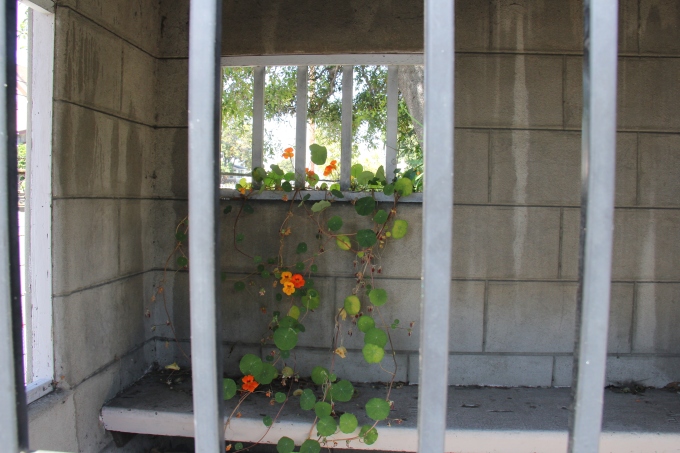A few days ago, I came back from a meditation retreat for People of Color. Today, with all that has happened, I am feeling so much gratitude for the socially engaged Buddhist community at the East Bay Meditation Center and for my meditation practices and the ways that these practices help deepen some sense of groundedness and some sense of spaciousness where these horrific things can happen and can land in a more balanced place in me, somehow.
Today, I have witnessed horrible things that I cannot now unsee. The killing of Alton Sterling. The aftermath of the killing of Philando Castile. And, while there is more equanimity present for it all to land in, I have also been feeling sorrow, I’ve been feeling grief, and I’ve been feeling the physical impact of what I have been exposed to. I have felt the clamping down of my body, the hollow in my chest, the tightening in my belly, the stiffening of my jaw and the tug in the direction of despair and the tug in the direction of hopelessness.
But, there’s some way that it feels more possible, having spent four days meditating really solidly, to turn my intention towards hope and towards faith and towards optimism in this horrific situation when the circumstances are not inspiring hope or faith or optimism. It feels really important to practice the discipline of hope and to find the ways to cultivate and nurture it, even if that is not what the circumstances are inspiring, because the cost of hopelessness on one’s personal being and on our community and our energy and on our effort and on our dedication to the work of making change is too great.
I believe that hopelessness is internalized oppression. It does the oppressors’ work for them. It exhausts, it demoralizes, it overwhelms, it paralyzes. It dissipates energy. It leads to despair. It also leads to depression, to stress-related illnesses, to addictive behaviors, and to suicidal ideation. Hopelessness is one of the precursors to suicide. Not everyone who feels hopeless will commit suicide; but everyone who commits suicide has lost hope. And if I know anything for sure, I know that if White Supremacy or Homophobia or Misogyny wants me dead, somebody’s going to have to do the work of killing me themselves. I am not going to do the oppressors’ work for them.
I will not shoot myself
In the head, and I will not shoot myself
In the back, and I will not hang myself
With a trashbag, and if I do,
I promise you, I will not do it
In a police car while handcuffed
Or in the jail cell of a town
I only know the name of
Because I have to drive through it
To get home.–Jericho Brown, from “Bullet Points“
Hopelessness also halts resistance. The powers that be would like for us to believe that there is no hope. That our actions do not matter. That change is impossible. When we believe that change is impossible, it is hard to throw our energy into the monumental work required to change systems of oppression, to educate, to donate, to demonstrate, to activate, to organize, to agitate, to protest, to heal, to inspire, to vision, to nourish, to care, to create, to shape sustainable systems, to change hearts and minds and laws and culture and values. When we are hopeless, it is hard to put one foot in front of another, let alone to launch a revolution.
I do not advocate for hope because I believe that our current situations inspire hope. I advocate for hope because our current situations require hope.
If we give in to hopelessness, we stop fighting and we damage ourselves, instead, and everyone with a secret wish for our annihilation gets their way.
If we give in to hopelessness, we will not do what hope would do to transform the world we live in.
Even if it will take hundreds or thousands of years, Hope says, “Keep going. Don’t stop. We’ll get there, in the end. No matter what it looks like right now, we’ll get there. Keep going. Don’t stop. What you’re doing to help is useful and important. Your small part in this colossal movement matters. Keep going. Don’t stop. Connect with some other people, because change requires us to work together. Keep going. Don’t stop. Do a little more, if you healthily can. Take care of yourself, take care of the world, take care of yourself, take care of the world, take care of yourself, take care of the world. Don’t stop. Keep going. You’re doing great. Thank you. I love you. Keep going.”
Thank you. I love you. Keep going.
